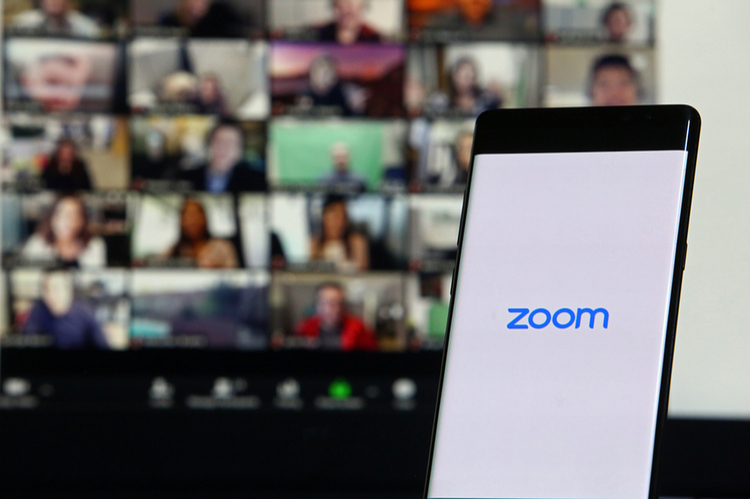 The WHI’s May stakeholder’s meeting, which was held over Zoom, was attended by more than five-dozen members. Topics of discussion included the community’s COVID-19 response, observed and anticipated needs and disparities, and ways that the WHI and its members can address them.
The WHI’s May stakeholder’s meeting, which was held over Zoom, was attended by more than five-dozen members. Topics of discussion included the community’s COVID-19 response, observed and anticipated needs and disparities, and ways that the WHI and its members can address them.
In discussing what WHI stakeholders have been doing to respond to the pandemic, members talked about the county’s rapid transition to telehealth and deepened response to the social determinants of health:
- Mental health providers reported that enhanced teletherapy has simplified access for many clients and community members.
- A number of WHI stakeholders talked about the increased need for food and other groceries and the ways that their organizations responded to provide contactless delivery and pickup.
- The St. Joseph Mercy Health System and Michigan Medicine talked about collaborating on screening for social needs at COVID-19 testing sites.
- Members discussed efforts to provide educational technology to school district staff, students, and families to bridge the digital divide.
Moving on to gaps and needs in the community–both observed needs and anticipated ones–WHI members discussed the record number of individuals behind on rent payments, the rapid increase in unemployment applications, and the lack of ability to deliver in-person skill and vocational training programs. They discussed the fact that marginalized communities, including immigrants, undocumented persons, and communities of color, have been hit harder than others.
Members reported concern that social isolation has been exacerbated across the county–especially for those who are aging, in grief, and experiencing mental health issues. They discussed concerns about the lack of privacy for individuals seeking teletherapy from home, including individuals with hostile partners and those who are discussing sensitive concerns.
Down the road, WHI members anticipate that the community will experience challenges as a result of:
- the loss of employer-sponsored health insurance,
- the backlog of regular health care appointments (including appointments for children who need vaccines),
- the increase in homelessness and housing instability when state and federal eviction protections expire,
- the ongoing digital divide and how it has impacted access to remote services, telehealth, and online education, among others,
- future cuts in state and local funding that may disproportionately hurt low-income and other marginalized communities, further exacerbating disparities,
- quarantine fatigue, including refusal to wear masks or follow social distancing guidelines and lack of community-wide enforcement,
- the consequences of social isolation, and more.
Several WHI members and member organizations are working to get ahead of these challenges, and we will report more on their efforts in the months ahead. In the meantime, if you would like to be involved in the response, please reach out and we will put you in touch with like-minded organizations.
